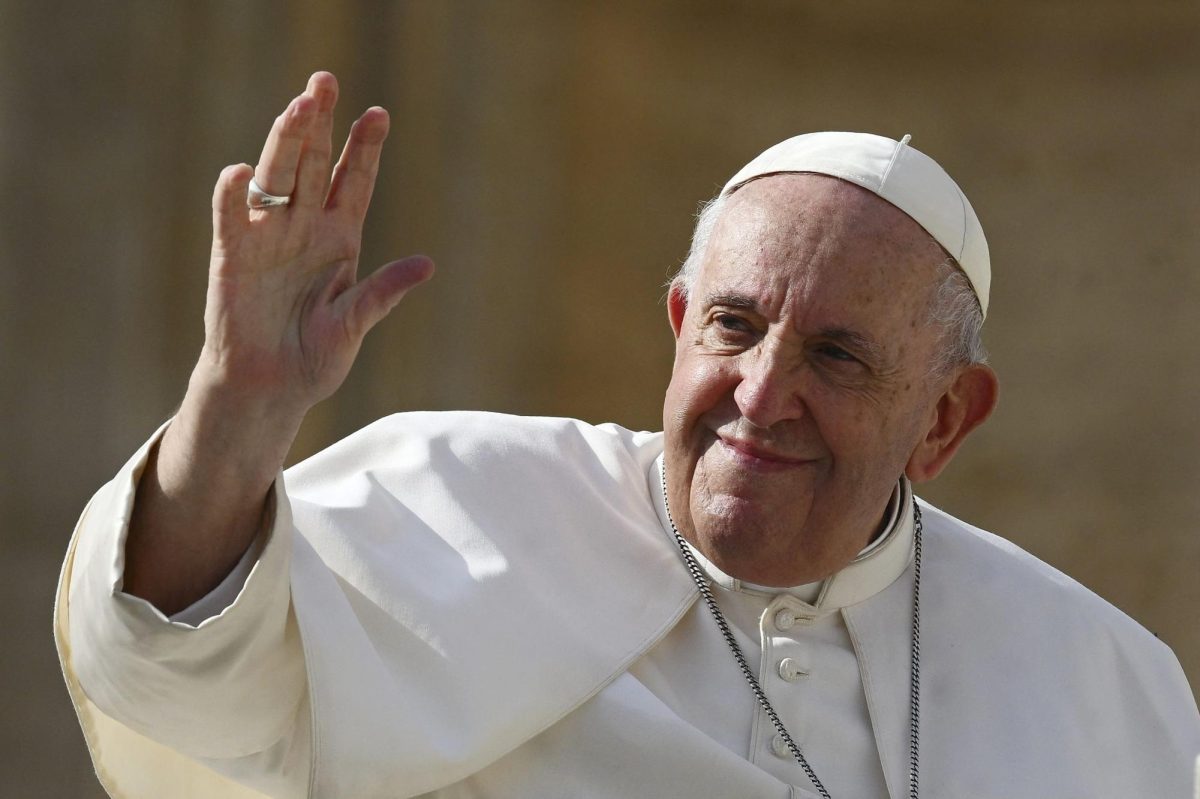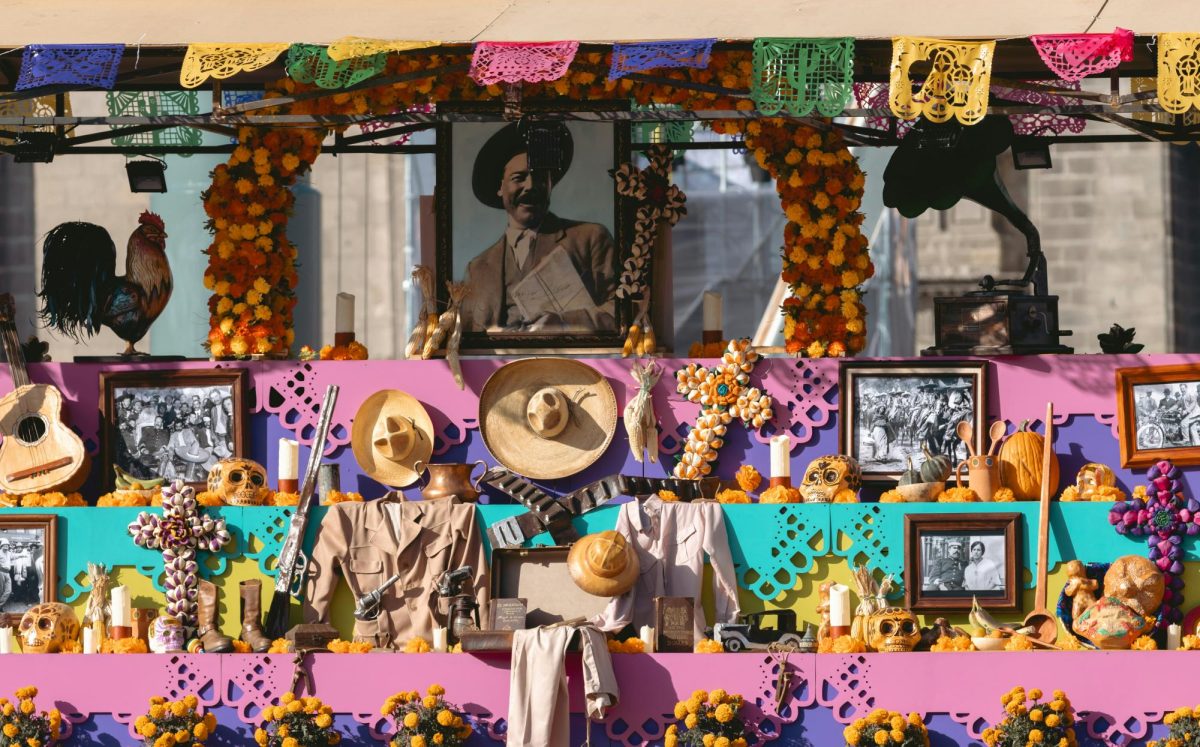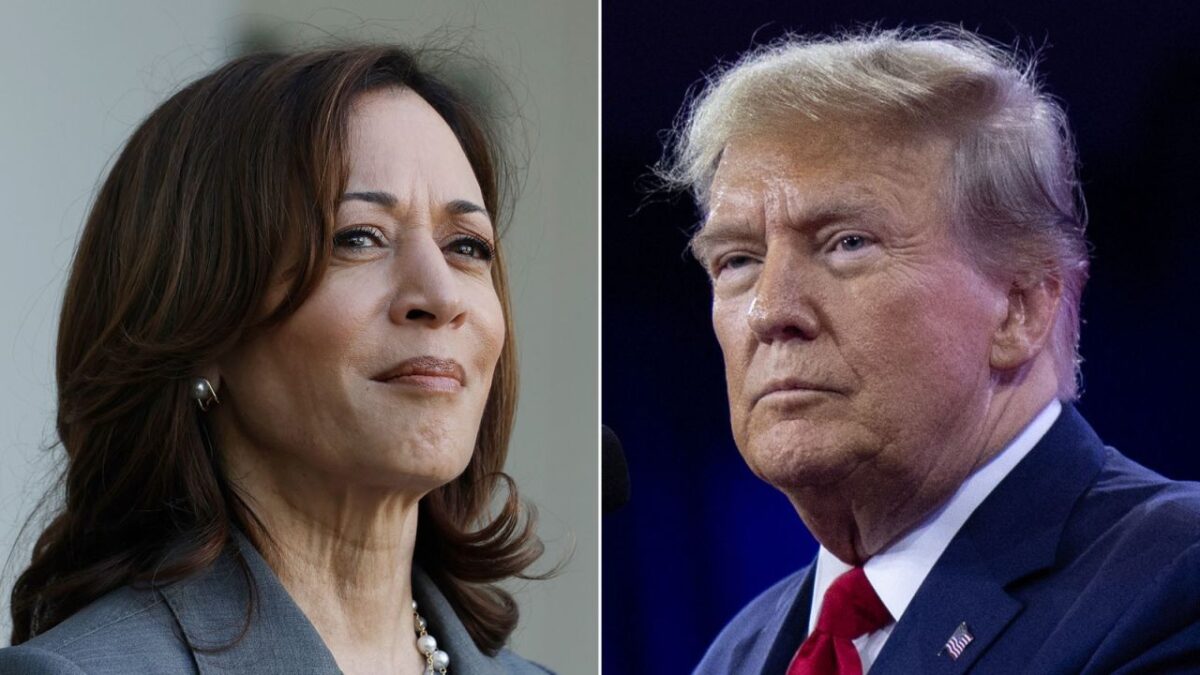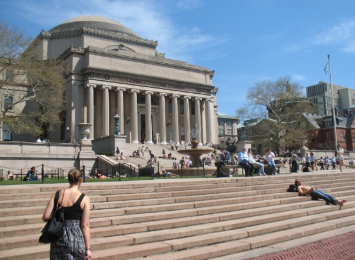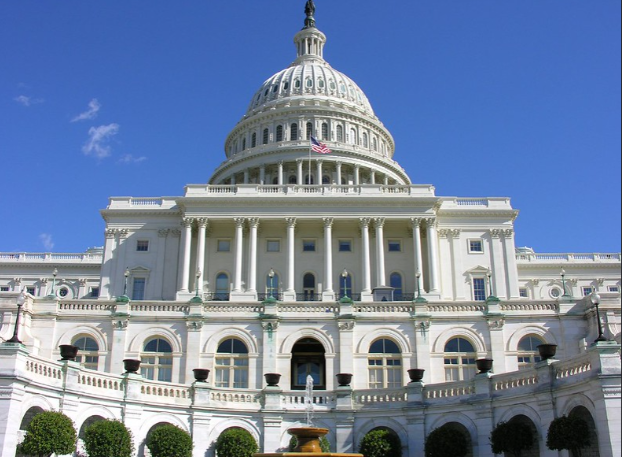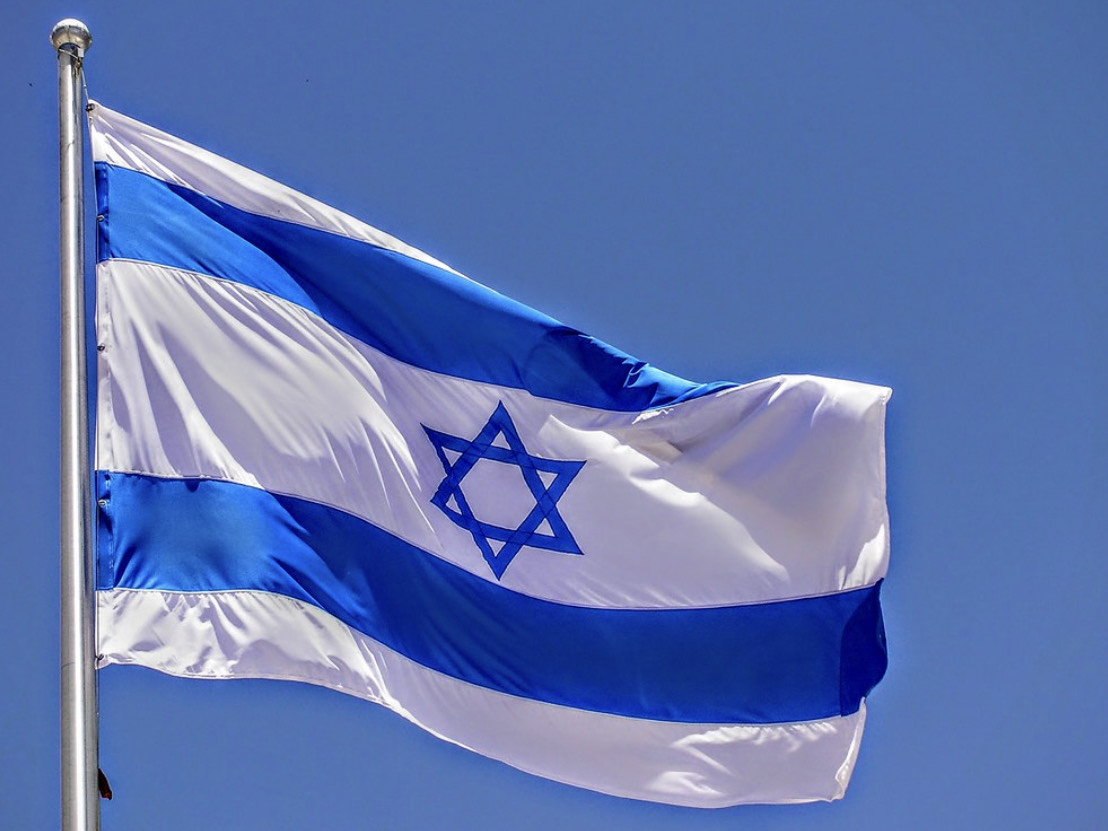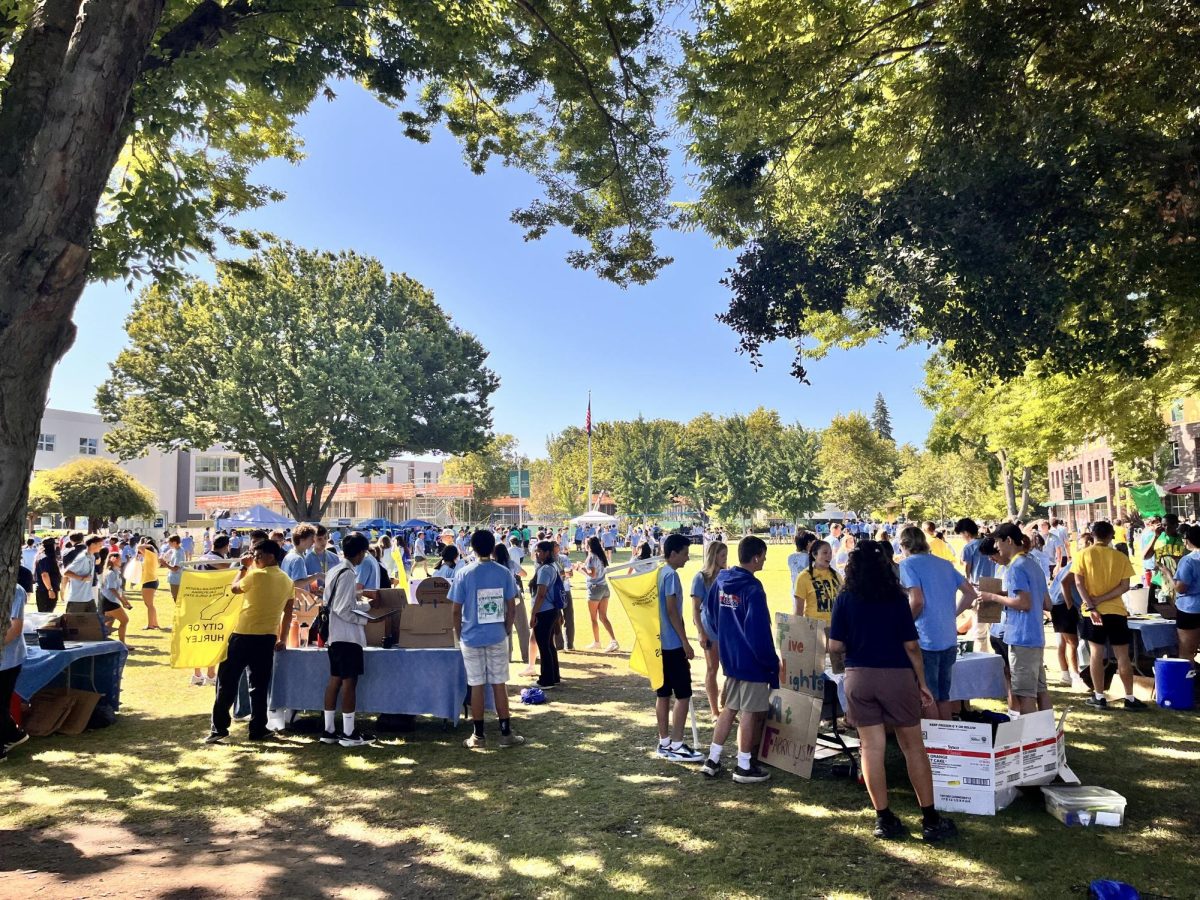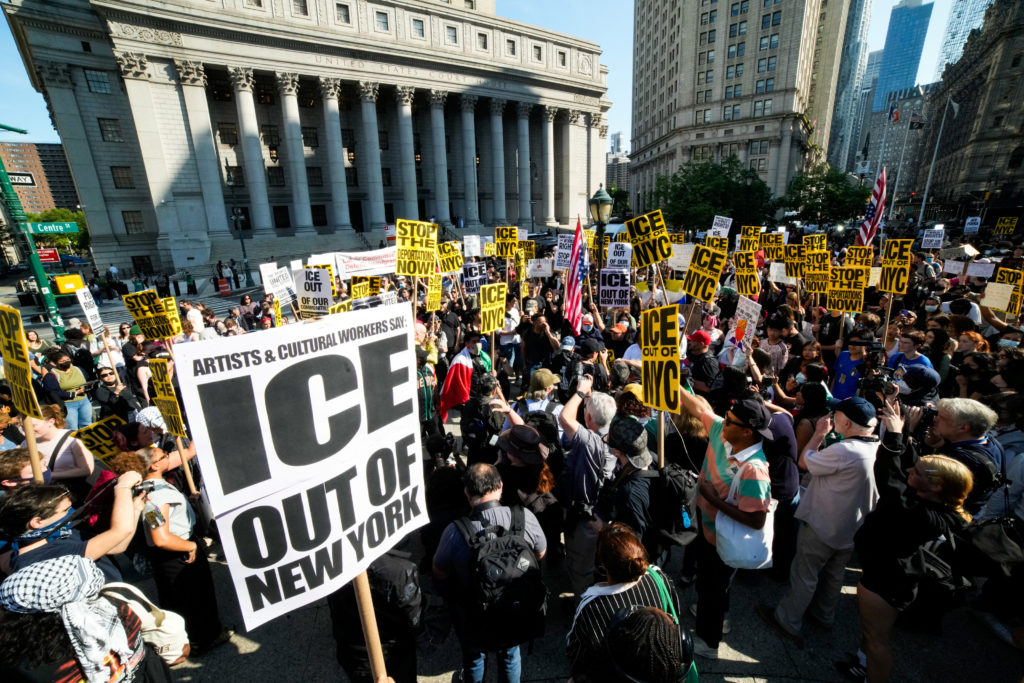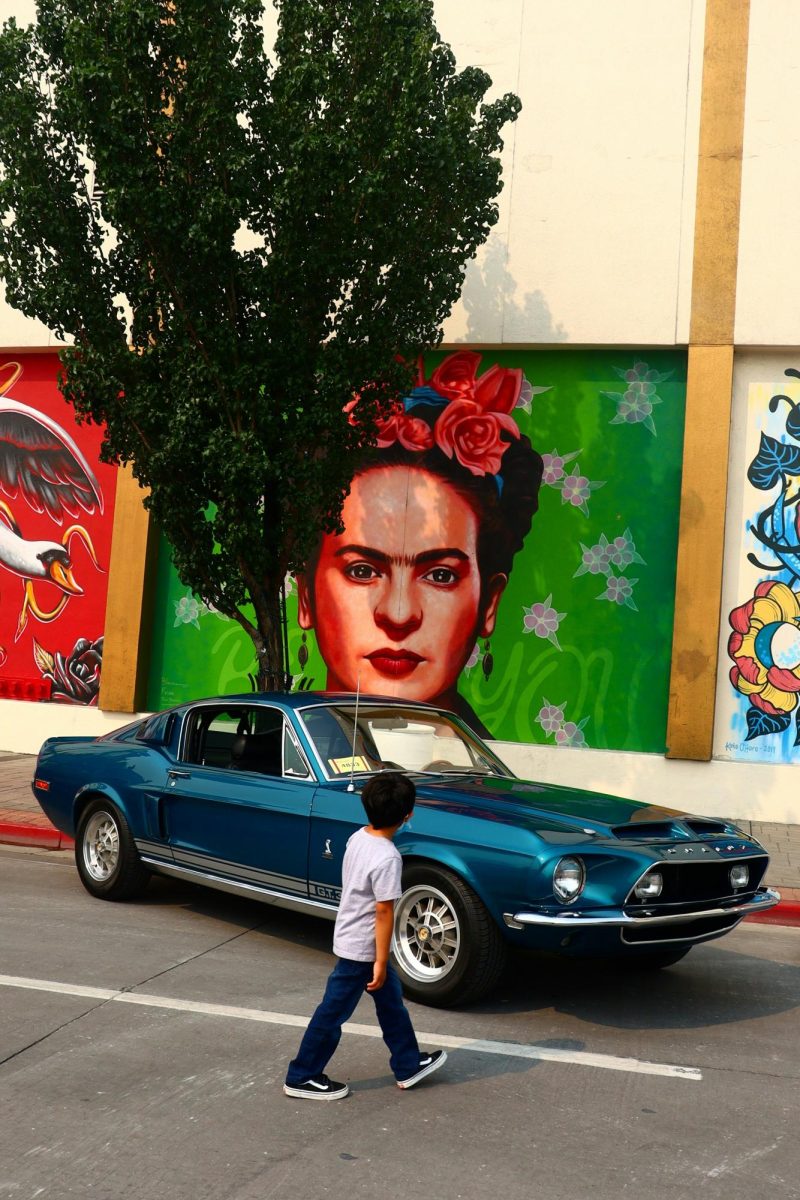On Easter Monday, Pope Francis passed away at the age of 88 due to heart failure after a long battle fighting with bronchitis and pneumonia. His funeral was held Saturday, April 26 at 10 a.m. in St. Peter’s Square, Vatican City.
Pope Francis was born Jorge Mario Bergoglio on Dec. 17, 1936, in Buenos Aires, Argentina. Francis was the son of Italian immigrants.
Despite originally studying to become a chemical technician, he entered the Jesuit novitiate, a society of Jesus. Soon after, he began further education in humanities, philosophy, and theology, as well as teaching literature and psychology.
In 1969, he was ordained as a priest by Archbishop Rámon José Castellano, and later in 1973, he was appointed as Provincial of the Jesuits in Argentina. After four years, he continued furthering his education in Argentina and Germany. Then, in 1992, he was appointed titular of Auca and Auxiliary of Buenos Aires.
Finally, on Feb. 21, 2001, he became Cardinal San Roberto Bellarmino. His gracious nature showed when he asked the public to not travel to Rome to see him, but to instead donate to the poor; this was not the end of his activism for those in need.
In a year of scandal, Francis was elected Pope Francis I after Pope Benedict XVI resigned, becoming the first Latin American pope!
During his election, the church was being highly criticized for the immense amount of sexual-abuse scandals. In the beginning of his papacy, Pope Francis did not directly address the abuse; however, in 2019, he made it a legal obligation for Vatican officials to report abuse and hold those involved responsible for their actions.
In the following years, Pope Francis advocated for change that previous popes did not prioritize: he restored diplomatic relations between the U.S. and Cuba, called to protect the environment, condemned the excess in global capitalism, created relations between China and the church, apologized to Indigenous people the evil that was inflicted upon them by Christians, included women in church roles, and allowed gay couples to be blessed by priests.
In January of this year, Pope Francis’ steps towards women in church roles was huge as he appointed Italian nun Sister Simona Brambilla as a prefect. In this role, she enforces the Catholic Church’s religious orders.
In the week of May 5, 2025, marking 15-20 days after Pope Francis’ death, the cardinals will begin the electing process of the next pope; however, this pope will have some big shoes to fill.

